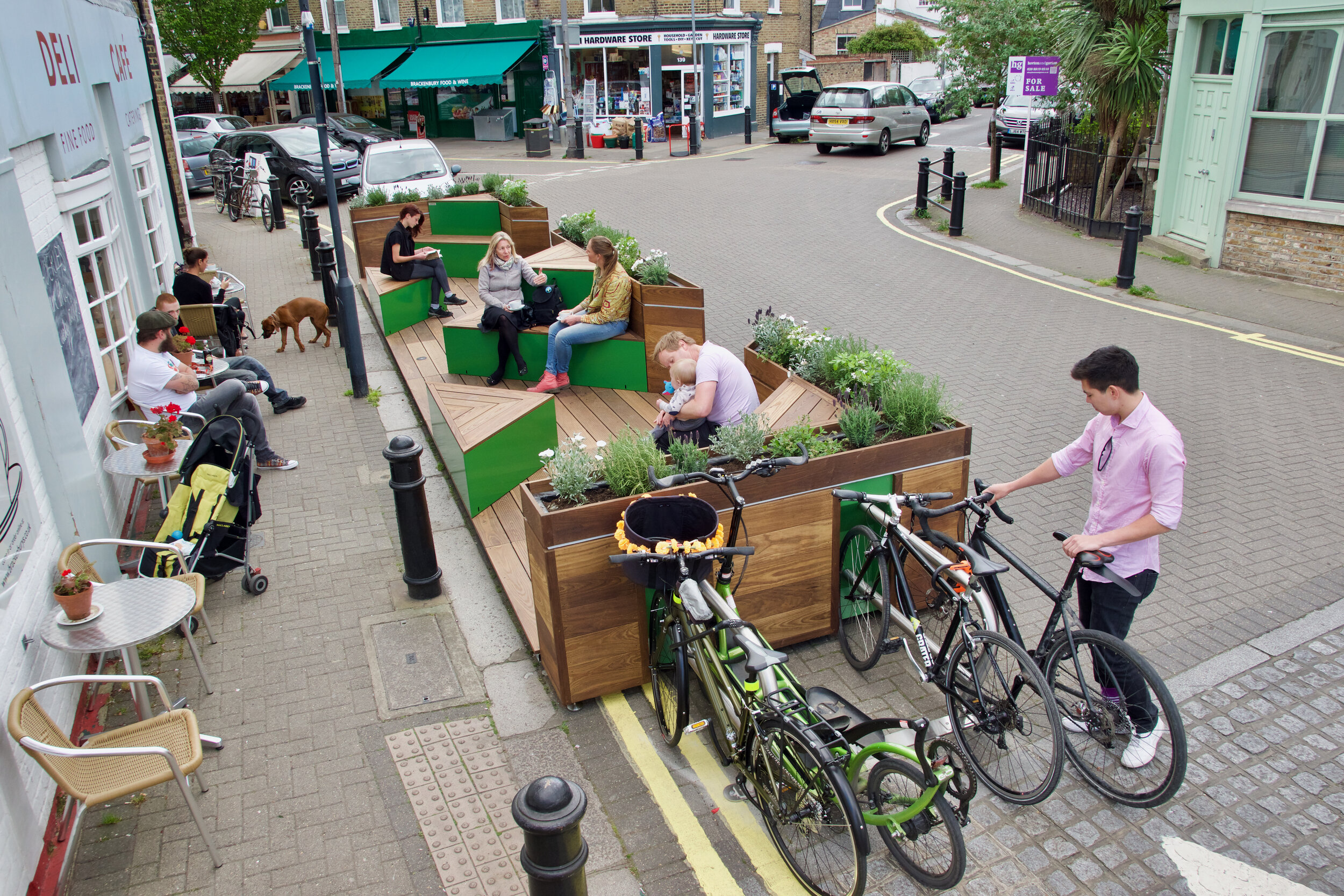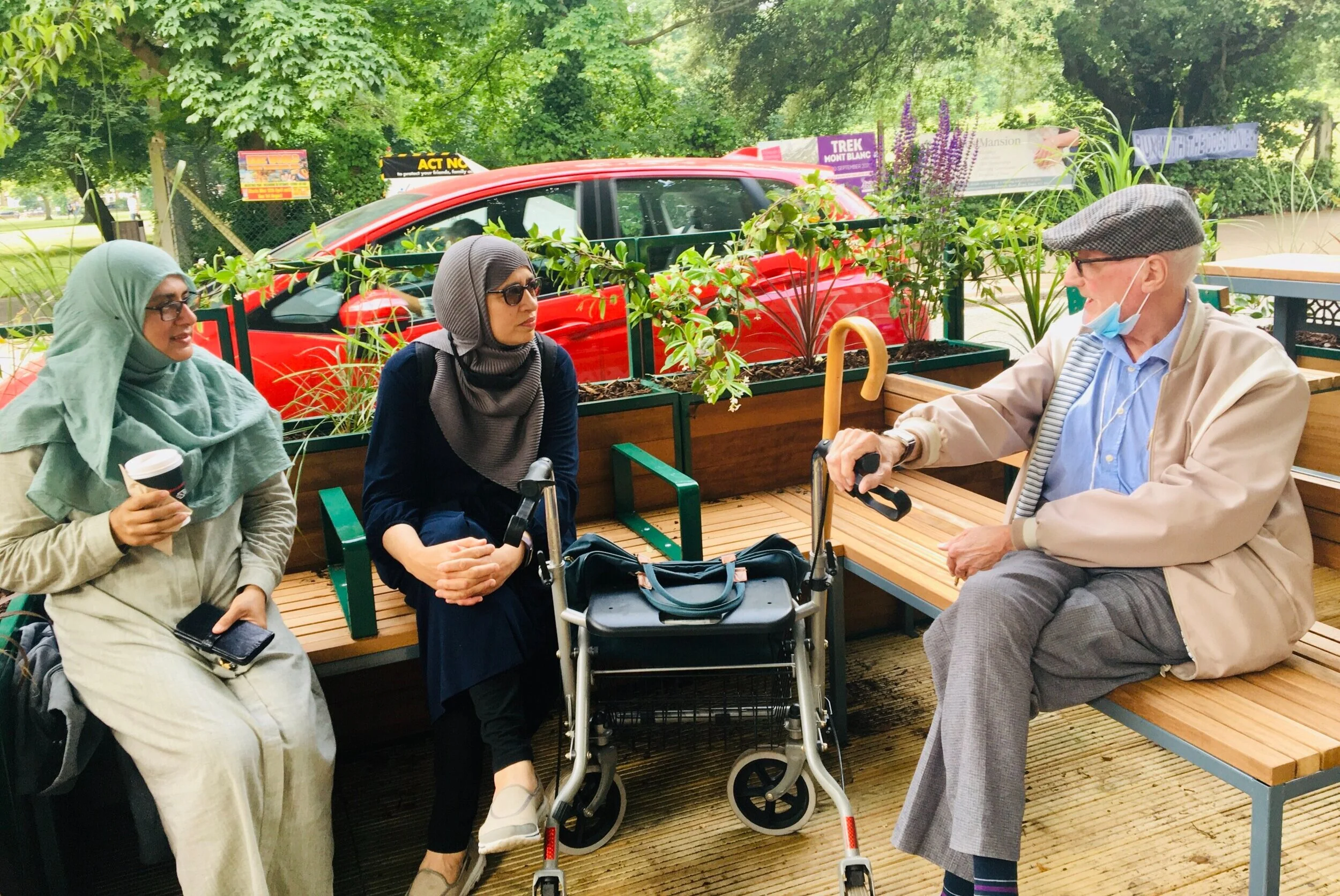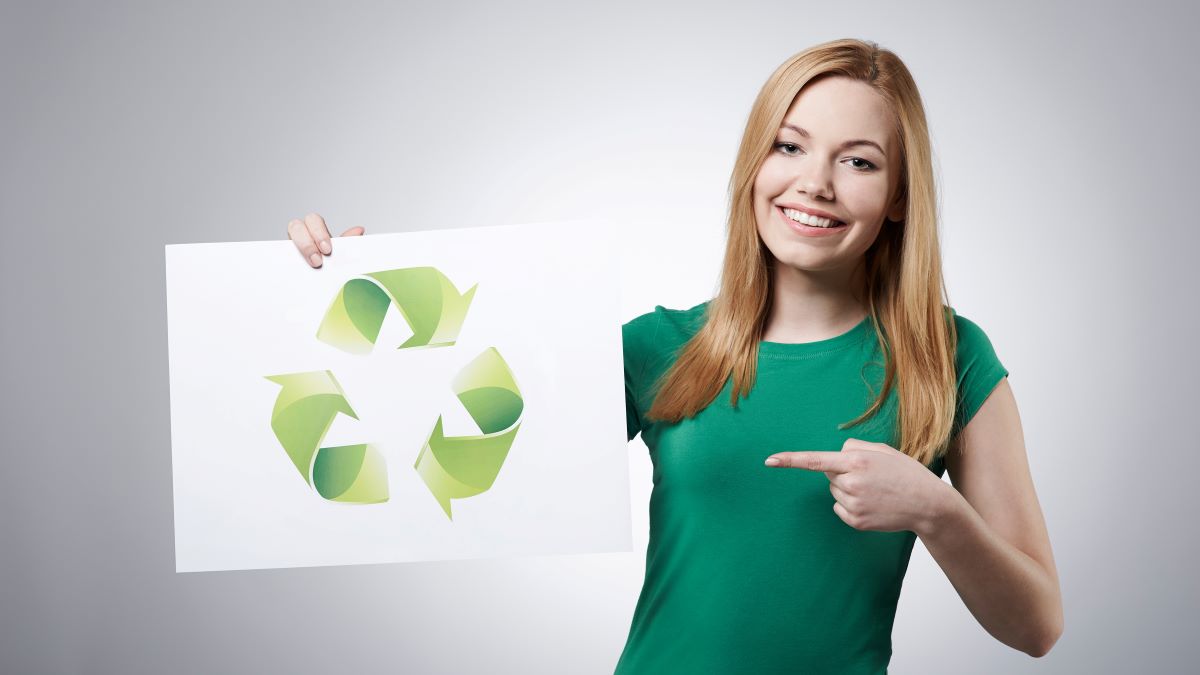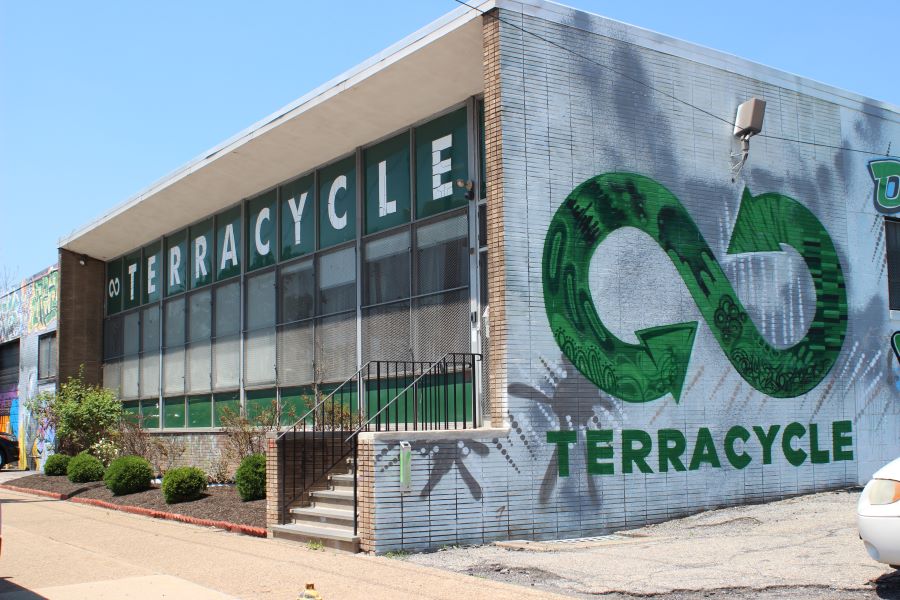
Updated: California SB 54 ups plastic pressure
Advocacy groups say by phasing out plastic in some applications the state’s litter problem can be addressed.
 Brian Taylor
Brian Taylor
California Gov. Gavin Newsom has signed Senate Bill 54, which creates several amendments to the state’s Integrated Waste Management Act of 1989 and is designed to address plastic litter issues and low recycling rates in the Golden State, into law.
The text of SB 54 ( go to the website to view the document)sets reporting requirements for transfer station and “disposal facility” operators to provide “periodic information to the [state] on the types and quantities of materials that are disposed of, sold or transferred to other recycling or composting facilities or specified entities.”
Trade associations such as the National Waste & Recycling Association and the Institute of Scrap Recycling Industries (ISRI) likely will seek clarification on the reporting requirements and how they affect operators of transfer stations, material recovery facilities (MRFs) and other locations where discarded materials are handled in the recycling chain.
The bill also states, “The California Integrated Waste Management Act of 1989 regulates the disposal, management and recycling of, among other solid waste, plastic packaging containers and single-use foodware accessories.”
At least one advocacy group sees this as the death knell for plastic in several applications in the state. Washington-based Oceana calls the measure “the strongest plastic source reduction policy in the nation” and “the first state law to mandate source reduction of all single-use plastic packaging and foodware, from detergent bottles and bubble wrap to cups and utensils.”
According to Oceana, the law requires packaging producers and product makers to “slash their single-use plastic packaging and foodware by at least 25 percent by 2032 and implement the first reuse and refill mandates in the nation.”
Christy Leavitt, Oceana’s plastics campaign director, says, “Oceana commends the state legislature and the governor for realizing the urgency of the plastic pollution crisis and taking strong action to protect California's coast and communities. California’s effort to aggressively tackle plastic pollution at the source and require companies to shift from throwaway plastic to reusable and refillable alternatives sends a strong signal to the nation, and the world."
The Washington-based American Chemistry Council (ACC) previously told Recycling Today it had concerns about the future of chemical recycling investments and other unintended consequences should the legislation be passed.
Joshua Baca, vice president of plastics at the American Chemistry Council (ACC), Washington, released a statement saying the ACC is pleased that the anti-plastics ballot initiative has been withdrawn and SB 54 was signed into law.
“Negotiating SB 54 over the last 18 months has not been an easy process," he says. "We appreciate the hard work of Sen. Ben Allen and his staff to get us to this resolution. The law is not perfect, as we outlined in our previous statement.
“However, SB 54 is a better outcome than the withdrawn anti-plastics ballot initiative. Had that initiative passed it would have cost Californians an estimated $9 billion annually but only invest approximately 30 percent of that to improve recycling in the state."
Baca adds, “Now we will focus on working with lawmakers, regulators and other stakeholders to help ensure the implementation of SB 54 matches its intent: eliminating plastic waste and improving plastics circularity while minimizing costs on Californians.”
He continues, “Petitioners of the ballot initiative released a statement yesterday inaccurately questioning our intent to work collaboratively on the implementation of SB 54. Nobody got everything they wanted in SB 54, but we remain steadfast in our belief that all stakeholders can do more to benefit California by working on constructive solutions rather than attacking each other. We want to be a partner in sustainability so society can retain the benefits plastics provide to our modern lives while ending plastic waste in our environment.”
Oceana stresses the pollution control aspects of the legislation, with Tara Brock, Oceana’s Pacific counsel, commenting, “Single-use plastic foodware and food packaging products are consistently among six of the top 10 types of items most commonly picked up during annual beach cleanups across California. Voters are concerned and want change.”
The Washington-based American Forest & Paper Association (AF&PA), representing that sector, has tweeted it is “pleased California policymakers [have] taken a first-of-its-kind approach to extended producer responsibility (EPR) legislation that recognizes the success of paper recycling.”
The AF&PA’s tweet says SB 54 “provides an off-ramp for industries like paper that have already stepped up and made the investments necessary to achieve a high recycling rate.”
“The paper recycling rate in the United States reached a record of 68 percent in 2021, and California’s new law recognizes this,” adds Natalie Urban, a spokesperson for the AF&PA.
The Ecology Center in Berkeley, California, says several environmental organizations, including the Ecology Center, provided input to the legislation, adding that it establishes guardrails to ensure compliance.
Martin Bourque, executive director of the Ecology Center says, “The industry-run producer responsibility organization (PRO) that this law creates will require more watchdogging than ever to ensure it does not follow age-old industry tricks, false promises and greenwashing. We are satisfied that CalRecycle will have the necessary authority to ensure the PRO lives up to its legal requirements, and we will be watching to make sure they do.”
At least we are making a bit of progress, some countries faster than others it would seem!
It is all about education at the end of the day, the one person can make a difference is really true!
The blog song for today is: " Passenger" by Iggy Pop
TTFN







